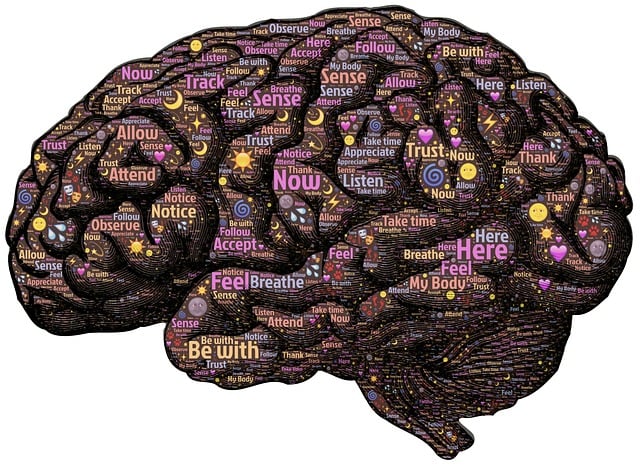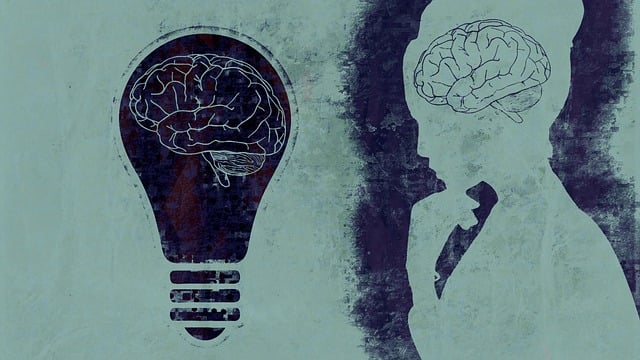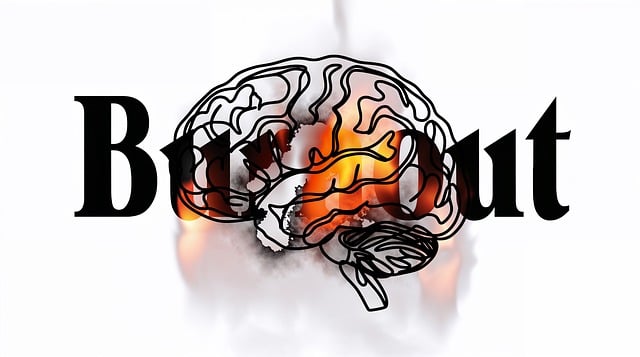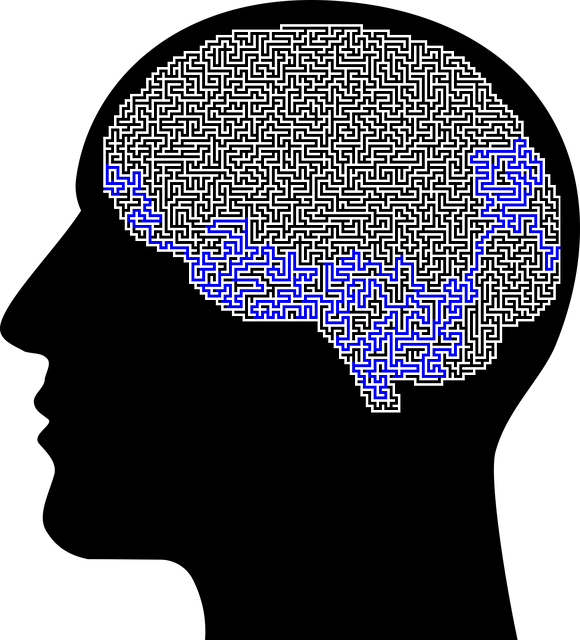Emotional intelligence (EI) is crucial for personal growth and well-being, especially for those managing conditions like Northglenn Panic Disorder and Anxiety Attacks. Therapy focused on Mind Over Matter principles, including stress management and self-care, can transform lives by teaching individuals to recognize and regulate their emotions. Northglenn panic disorder therapy incorporates cultural competency and targets key EI development areas like self-awareness, empathy, and emotional regulation. Integrated mindfulness practices, such as meditation and breathing exercises, enhance present-moment awareness, empowering individuals to handle stress and anxiety more effectively, ultimately improving mental health.
Emotional intelligence (EI) is a powerful tool for navigating life’s challenges, especially in managing conditions like panic disorder and anxiety attacks. This article explores the significance of EI, offering insights into how therapy can enhance its development. We delve into strategies tailored to Northglenn residents, focusing on self-awareness as a foundation for coping with anxiety. By integrating mindfulness and effective coping skills, individuals in Northglenn can achieve long-term emotional resilience and better manage panic disorder and anxiety attacks.
- Understanding Emotional Intelligence and its Significance
- Recognizing the Signs of Panic Disorder and Anxiety Attacks
- The Role of Therapy in Building Emotional Intelligence
- Strategies for Developing Self-Awareness in Northglenn
- Integrating Mindfulness and Coping Skills for Long-Term Success
Understanding Emotional Intelligence and its Significance

Emotional intelligence (EI) is a vital aspect of human interaction and personal growth that has gained significant attention in recent years. It refers to the ability to recognize, understand, and manage one’s own emotions, as well as empathize with and influence the emotions of others. Building emotional intelligence is crucial for fostering healthy relationships, enhancing communication, and promoting overall well-being. For individuals struggling with conditions like Northglenn Panic Disorder and Anxiety Attacks, developing EI can be a game-changer. Therapy focused on these issues often incorporates Mind Over Matter principles to help clients manage their symptoms through stress management techniques and the development of a robust self-care routine for better mental health.
By cultivating emotional intelligence, individuals can improve their ability to cope with challenging situations, build stronger connections with others, and increase their overall resilience. This includes recognizing triggers for anxiety or panic attacks, understanding the physical and mental cues associated with these conditions, and learning healthy coping mechanisms. With dedicated practice, one can transform their relationship with their emotions, leading to improved mental health and a more balanced life.
Recognizing the Signs of Panic Disorder and Anxiety Attacks

Panic disorder and anxiety attacks can significantly impact an individual’s daily life, but recognizing the signs is the first step towards recovery. Individuals experiencing panic disorder may suffer from recurrent and unexpected episodes of intense fear or discomfort, often accompanied by physical symptoms such as rapid heartbeat, sweating, trembling, and shortness of breath. These episodes, known as anxiety attacks, can feel overwhelming and leave the person feeling helpless. If left untreated, panic disorder can lead to avoidance behaviors, limiting one’s ability to engage in everyday activities.
In Northglenn, seeking therapy is a proactive step towards managing these conditions. A qualified therapist can help individuals understand their triggers, develop coping strategies for stress reduction methods, and build resilience. Through emotional regulation techniques taught during therapy sessions, patients learn to identify and manage their anxiety responses. This process empowers them to face their fears and live a more fulfilling life without the constant shadow of panic attacks.
The Role of Therapy in Building Emotional Intelligence

Emotional intelligence (EI) is a vital component of mental wellness, and therapy plays a crucial role in developing and enhancing it. For individuals struggling with conditions like Northglenn Panic Disorder and Anxiety Attacks, therapy serves as a safe space to explore and understand their emotions. Through various therapeutic techniques, patients can learn to identify and manage their feelings effectively. This process is essential for breaking the cycle of anxiety and panic attacks, enabling better mood management.
Northglenn panic disorder therapy often incorporates cultural competency training for healthcare providers, ensuring that treatment approaches are tailored to individual needs and cultural backgrounds. By fostering a collaborative environment, therapists help clients build resilience and coping strategies. Regular sessions focus on self-awareness, empathy, and emotional regulation, all of which are key aspects of EI development. This holistic approach not only addresses the symptoms but also empowers individuals to navigate their emotions in various aspects of life, contributing to overall mental wellness.
Strategies for Developing Self-Awareness in Northglenn

In Northglenn, individuals seeking to enhance their emotional intelligence and develop self-awareness can find numerous resources. Therapy plays a pivotal role in this journey, offering specialized treatment for conditions like panic disorder and anxiety attacks. Skilled therapists employ evidence-based practices tailored to each client’s unique needs. The process often involves exploring personal emotions, thought patterns, and behaviors, fostering a deeper understanding of oneself.
One effective strategy within therapy is crisis intervention guidance, which equips individuals with tools to manage intense emotions during stressful situations. Additionally, conflict resolution techniques are invaluable for navigating interpersonal interactions with greater empathy and clarity. By integrating these skills into daily life, Northglenn residents can build inner strength, promoting better emotional regulation and overall well-being.
Integrating Mindfulness and Coping Skills for Long-Term Success

Integrating mindfulness practices into daily routines is a powerful tool for managing stress and anxiety. By cultivating present-moment awareness, individuals can gain better control over their emotional responses, ultimately leading to improved mental health. Mindfulness techniques, such as meditation and deep breathing exercises, have been shown to reduce symptoms of panic disorder and anxiety attacks in Northglenn residents. These practices promote a sense of calm and help individuals develop effective coping skills for navigating challenging situations.
Incorporating stress management strategies into one’s lifestyle is key to long-term success in emotional intelligence building. Mental health education programs designed with an emphasis on mindfulness can empower individuals to recognize and regulate their emotions, fostering better mental health awareness. Through consistent practice, these skills become ingrained, enabling people to effectively handle stressful situations and maintain a sense of balance, even amidst life’s challenges.
Emotional intelligence is a powerful tool for personal growth, especially in managing conditions like panic disorder and anxiety attacks. By understanding these disorders and their impact, individuals in Northglenn can seek therapy as a transformative step. Combining therapeutic support with practical strategies, such as mindfulness and self-awareness techniques, offers long-term solutions for navigating emotional challenges. This holistic approach empowers folks to take control of their mental well-being, fostering resilience and enhancing overall quality of life.














